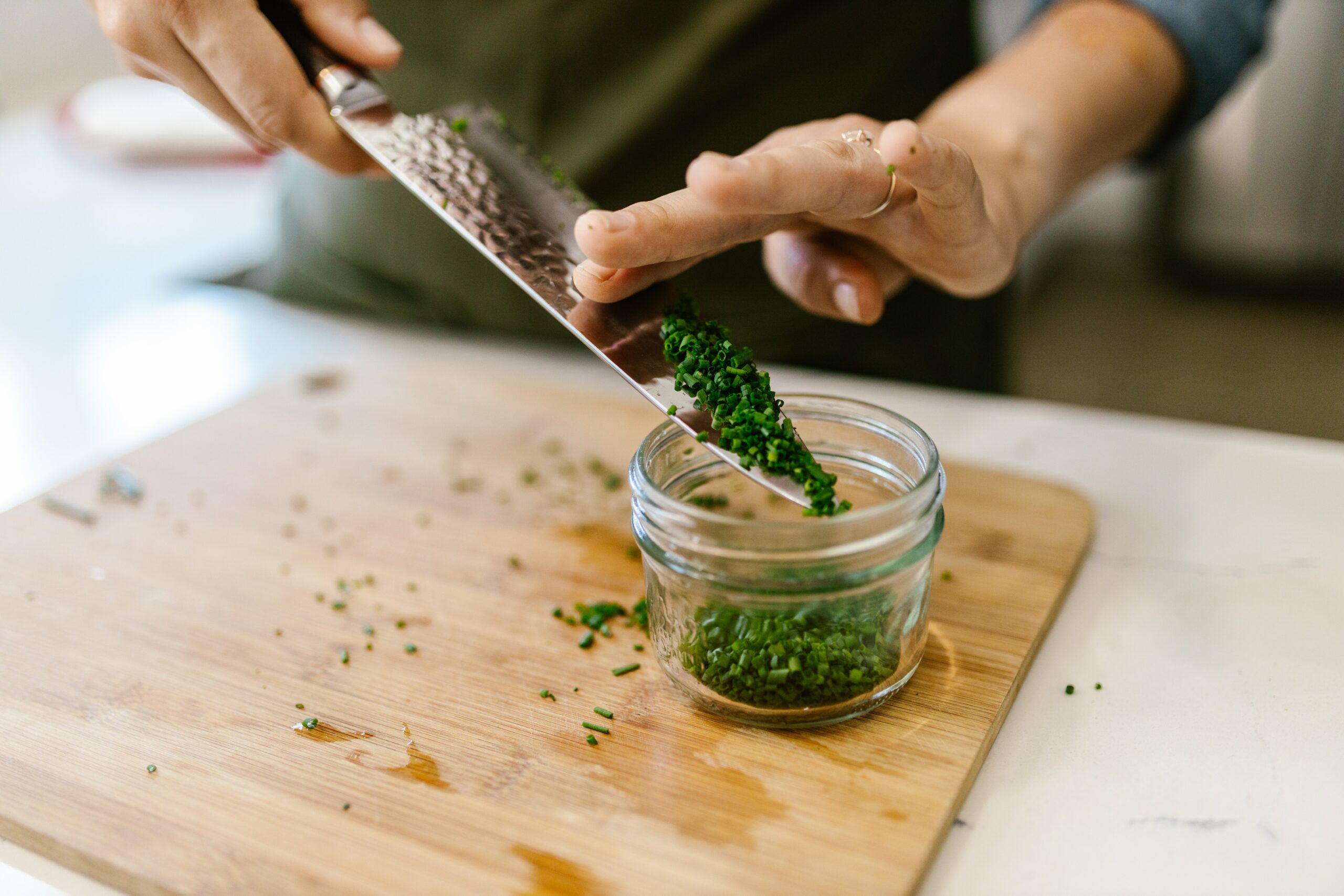Can You Freeze Chives?
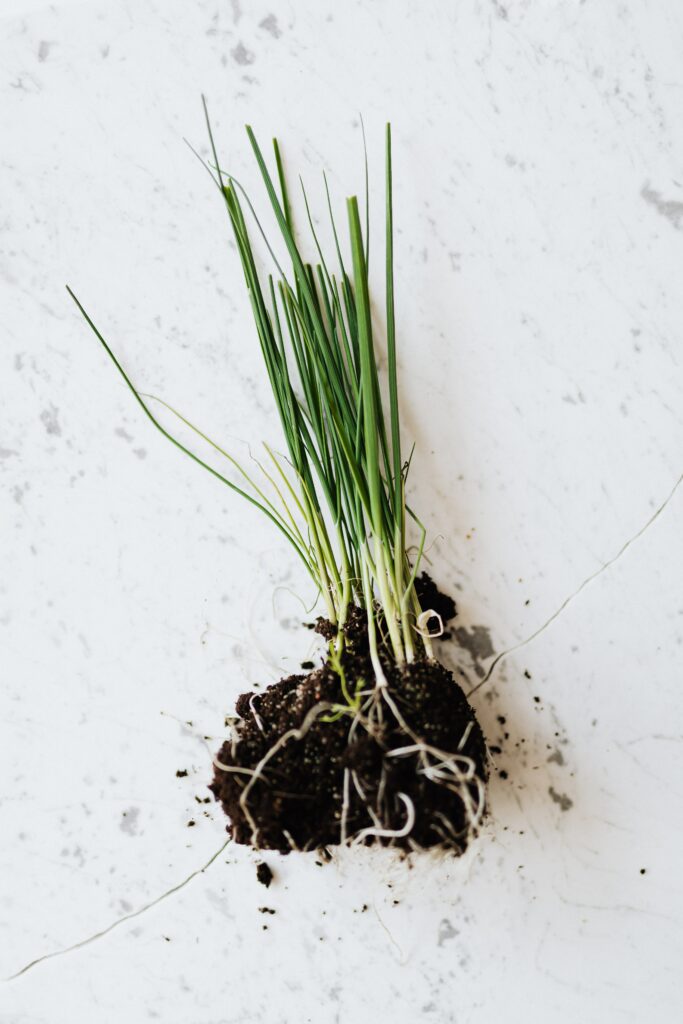
Chives are a member of the onion family and have a long, thin stem with a small, round bulb at the base. The leaves are green and have a hollow center. Keep reading to know about ways to freeze chives.
Chives are native to Europe and Asia and have been cultivated for centuries. They were first introduced to North America by early settlers. Chives are best known for their use in cooking. They can be used fresh or dried and have a mild, onion-like flavor.
Chives are often used as a garnish or added to salads, soups, and other dishes for flavor. They can also be used to make chive butter, chive oil, or chive vinegar. Chives are a low-maintenance herb that is easy to grow in any sunny location.
They can be grown from seed, division, or cuttings. Chives are drought-tolerant and do not require much fertilizer. Once established, they will produce an abundance of foliage for many years with little care.
Direct Method to Freeze Chives
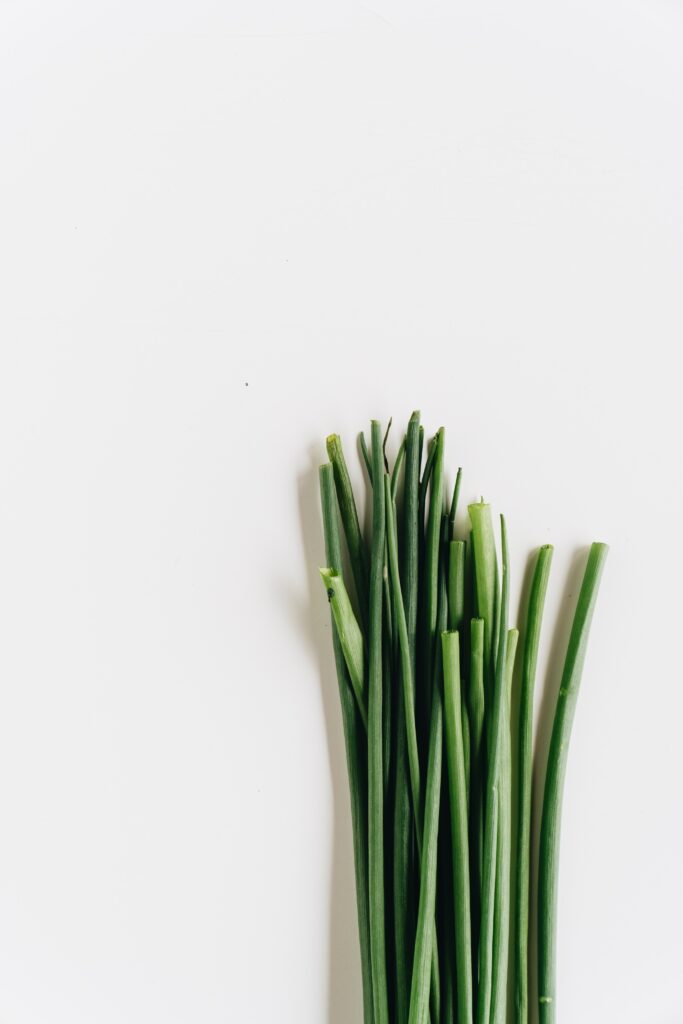
The direct method to freeze chives is perfect for last-minute haste. In case you have an urgent situation and need to freeze your greens quickly for 8-10 days, use this method. For this method you can follow these steps:
- Wash chives under running water nicely. Remove excess water from the leaves by using a napkin or kitchen towel.
- Chop the ends of the chives to avoid any chances of spoilage. It is because these ends usually start to decay first. Therefore, trimming them can extend the shelf like chives.
- Add the chopped and cleaned chives in airtight bags or ziplock bags. Seal the bags shut and remove any excess air in the bag before sealing it.
- Pop the bags in the freezer and you can use them in the next two weeks.
This is the last-minute trick to store chives if you don’t have time to go for a detailed procedure. However, in this process chives can lose their original color.
Ice Tray Technique to Freeze Chives
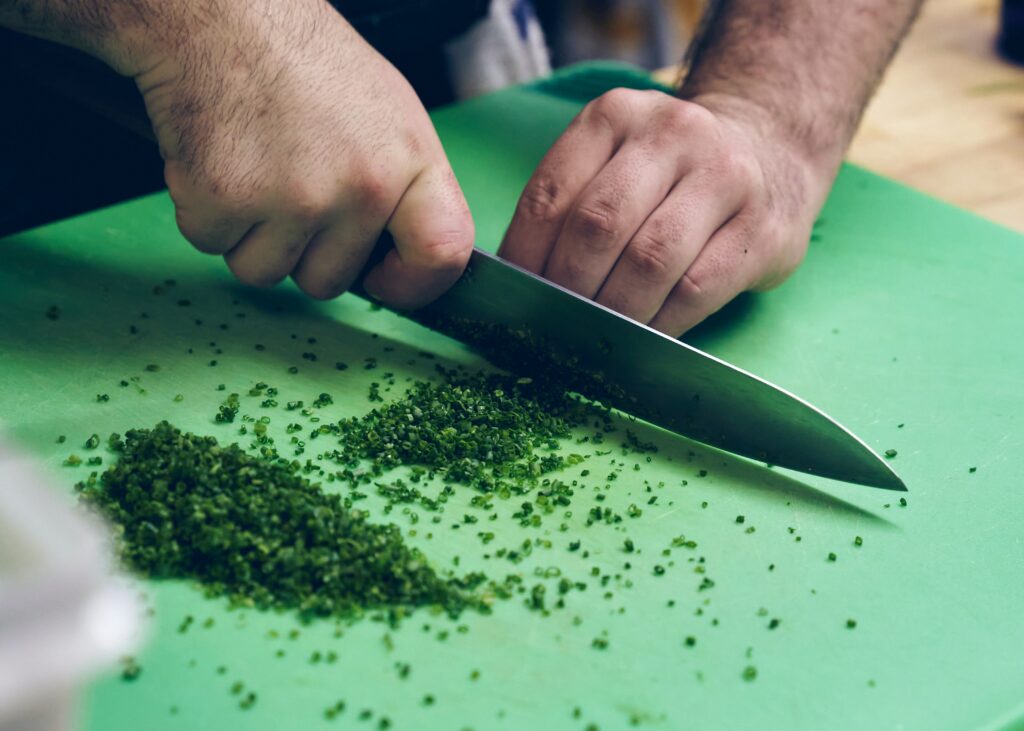
The ice tray method is best suited for all herbs that are used in the cooking process extensively. This method is best to preserve the original texture and flavors of tender herbs proactively. So here’s what you must do to freeze chives via the ice tray technique:
- Start by cleaning the chives and removing excess dirt and weeds from them. Get rid of any impurities. You can double-rinse them using a saltwater bath.
- Pat dry all the chives using a paper towel and get rid of excess water droplets.
- Trim the ends of the chives and pop them into a food processor. Pulse the food processor till you get a finely chopped texture of chives. You can chop them manually as well.
- Now take clean ice trays and wipe them with a tissue to remove any dirt. Fill a two-thirds portion of every ice cube area with chopped chives.
- Fill the rest of the space with either water or olive oil. Both options will provide the same texture of chives so you can pick any liquid among them.
- Line the ice trays with cling film so that they stay in place and any excess air is removed.
- Freeze these trays till you get nice and firm ice cubes of chives.
- Remove these cubes from the tray and place them in separate bags along with labels.
- This method preserves the color, texture, and flavor of the chopped chives. However, if you wish to garnish your dish with chives, then we would still recommend freshly chopped chives.
Suggestions to Freeze Chives
- Always clean your chives before freezing them and get rid of any excess weeds from them.
- When freezing chives in ice trays, you can add other herbs to them as well. This gives you a frozen herb mix for future use.
- Avoid using the direct method of freezing because it yields rather brownish and mushy chives.
- When freezing chive ice cubes, you can wrap individual ice cubes in parchment paper to avoid sticking cubes.
How to Defrost Chives? Can you Refreeze Chives?
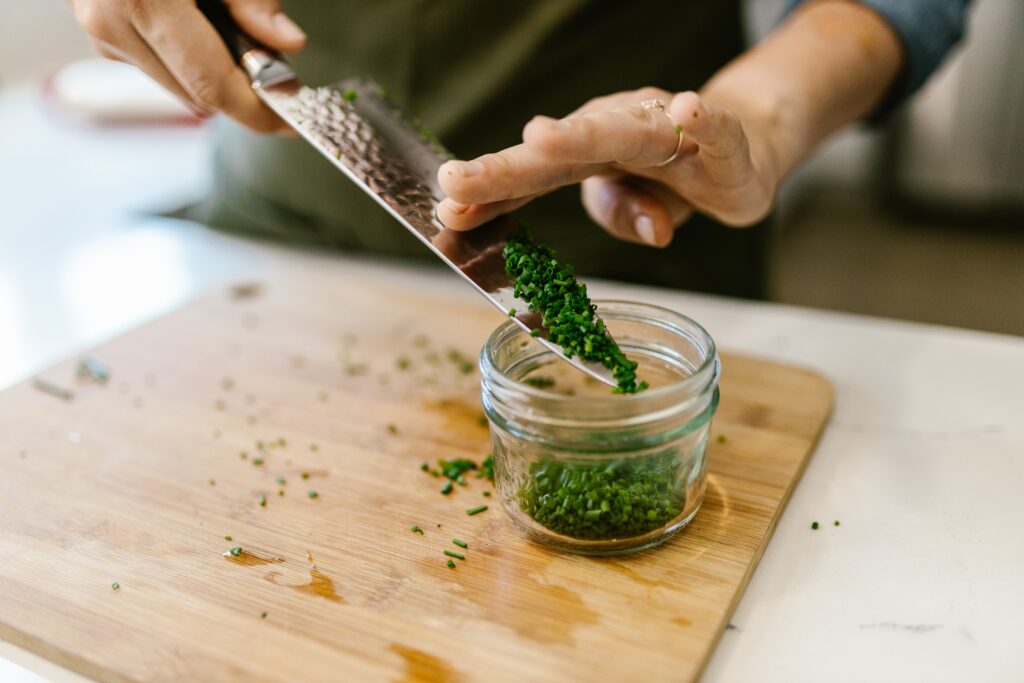
The good news is you don’t have to go through the process of thawing and defrosting chives before using them! You can directly toss your frozen chive ice cubes into your recipe and get the same flavor as fresh ones.
However, we strictly ask you to refrain from refreezing chives. If you do so, you are deliberately inviting spoilage of chives and other contents in the freezer. Once you remove chives from the freezer, it is better to use them immediately.
No matter what, you shouldn’t freeze them further. Or else, you will get a completely oxidized version of chives.
How Long Can you Freeze Chives?
If you pop fresh chives directly into the refrigerator without proper storage, then they will last for around a week. Freezing chives using the direct method of freezing can extend their shelf life to two weeks or a month.
However, the ice cubes made from a chive and olive oil mixture or chive and water mixture can sustain for 4 months. In the meantime, you can use ice cubes simultaneously as and when you need them according to your recipe.
Recipes from Frozen Chives
Try these mouthwatering staple recipes from frozen chives and impress your guests instantly!
Garlic Chives Corn:
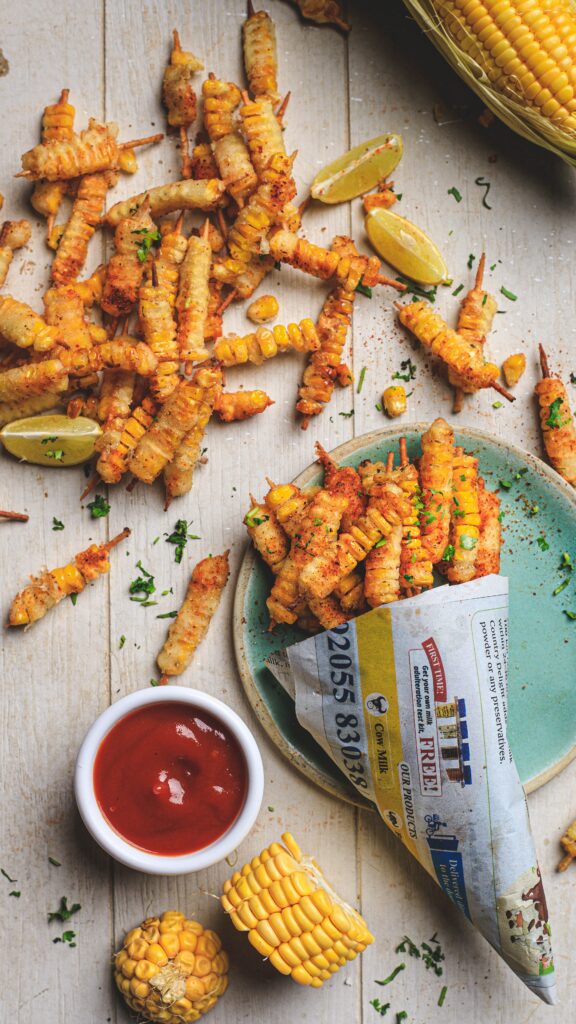
Prepare your crispy corn as you would usually do. Then in a separate bowl, melt the frozen chive ice cube and add spices to it. You can adjust spices as per your taste. Then toss in the crispy corn in this spice mix and enjoy a spicy healthy and lightweight snack throughout the day. It serves as a perfect snack for get-togethers and reunions.
Chives Butter:
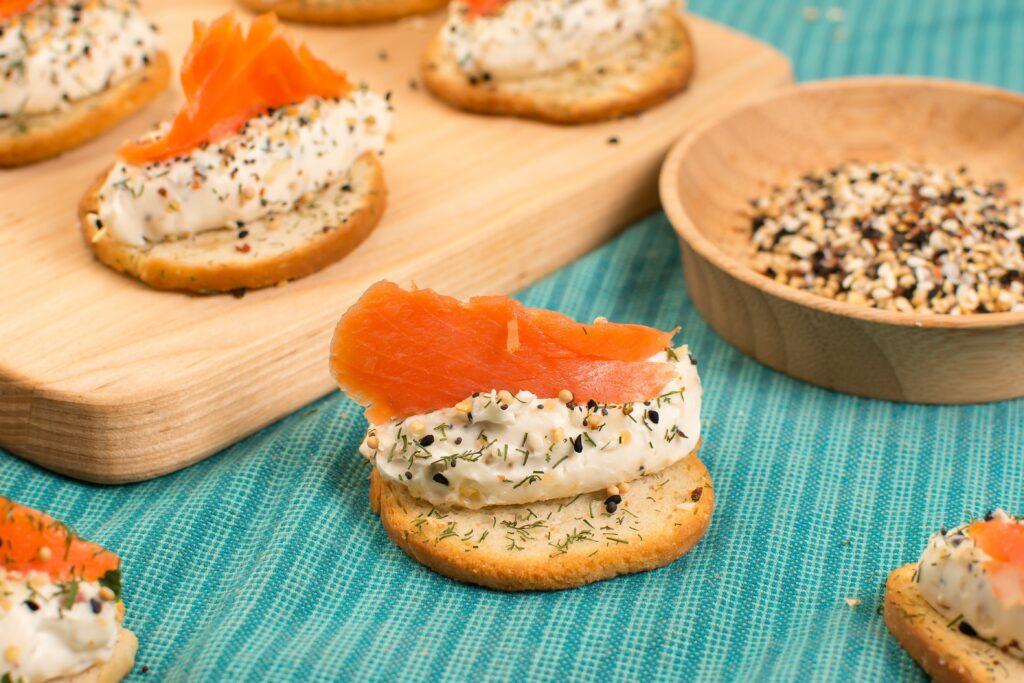
Preparing chives butter is the easiest recipe you will ever encounter. All the ingredients needed for this recipe are found easily in every household. For this recipe, you will need- unsalted butter, frozen chive ice cubes, crushed ginger garlic, and crushed pepper. In a bowl, whisk unsalted butter with a small whisk and then add frozen chives to it. Whisk the butter and chives with fast movements to melt the cube. Then add crushed garlic and ginger along with pepper. Mix all the ingredients and store them in a separate bowl. You can use this butter with different breads or other recipes.
Now you know how to preserve your chives for months without losing their mild-spicy flavor. Chives are perfect to enhance the taste of your existing recipes. Moreover, you can use the frozen chives and herbs ice cubes to add unique flavors to your recipes.

